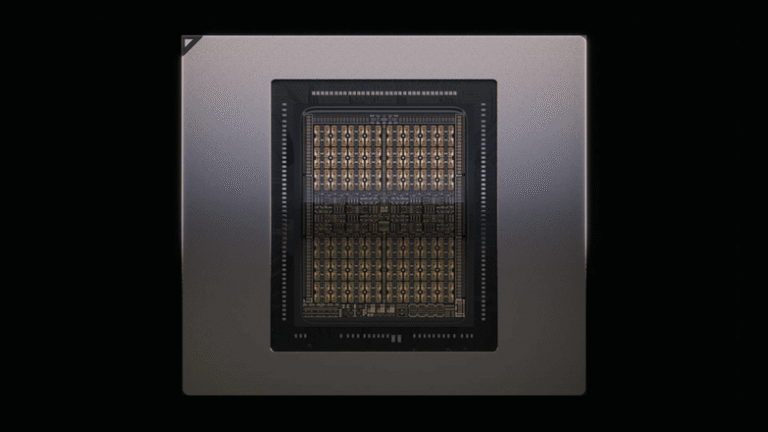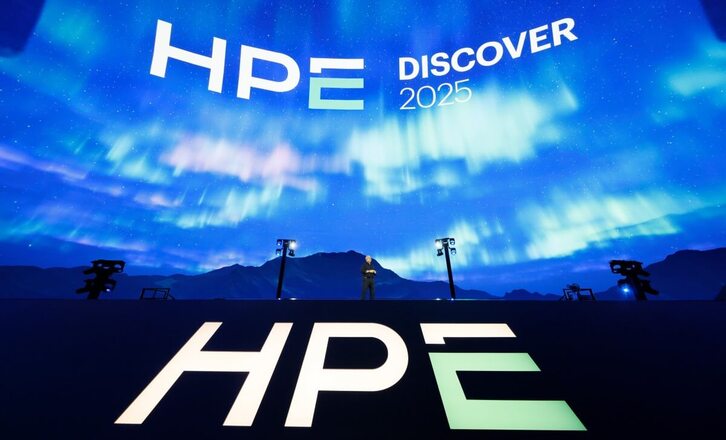A six-month-old artificial intelligence startup, Thinking Machines Lab, has secured $2 billion in funding, pushing its valuation to $10 billion, despite having no product, revenue, or publicly announced roadmap. The funding round, led by Andreessen Horowitz and backed by Conviction Partners and other prominent venture capital firms, marks one of the largest early-stage financings in Silicon Valley history.
 Murati’s role in the development of ChatGPT and GPT-4 at OpenAI has made her a high-profile figure in AI.Founded by Mira Murati, the former Chief Technology Officer of OpenAI, Thinking Machines has remained in stealth mode since its inception. The company is reportedly building advanced, general-purpose AI systems, with a focus on agent-based architectures that prioritize interpretability and control – two areas increasingly important in the evolving AI landscape. Though no product demos or technical papers have yet been released, sources familiar with the startup’s direction say it intends to also support open-source safety research, an increasingly relevant topic in policy and developer communities.
Murati’s role in the development of ChatGPT and GPT-4 at OpenAI has made her a high-profile figure in AI.Founded by Mira Murati, the former Chief Technology Officer of OpenAI, Thinking Machines has remained in stealth mode since its inception. The company is reportedly building advanced, general-purpose AI systems, with a focus on agent-based architectures that prioritize interpretability and control – two areas increasingly important in the evolving AI landscape. Though no product demos or technical papers have yet been released, sources familiar with the startup’s direction say it intends to also support open-source safety research, an increasingly relevant topic in policy and developer communities.
The team behind Thinking Machines is composed of around 30 individuals, including engineers and researchers formerly with OpenAI, Meta, and Mistral. This highly technical pedigree has helped fuel investor enthusiasm at a time when AI continues to dominate venture portfolios – even as broader tech markets show signs of caution. With generative AI technologies still attracting capital inflows, the Thinking Machines round signals that deep technical expertise and a founder with a strong track record remain enough to command extraordinary valuations, even without a go-to-market product.
OpenAI
Mira Murati’s role in the development of ChatGPT and GPT-4 at OpenAI has made her a high-profile figure in AI. Her decision to form an independent AI lab reflects a growing trend among top-tier AI researchers and executives who are departing large labs to pursue ambitious projects under tighter control and longer-term research horizons. The approach contrasts with more public-facing AI startups that release iterative product demos or research updates early in development.
Thinking Machines has not shared a timeline for product development or commercialization. For now, the company remains one of the most closely watched entities in the AI sector. The size and nature of its initial round underscores investor appetite for AI ventures led by trusted technologists, even in the absence of short-term deliverables.





